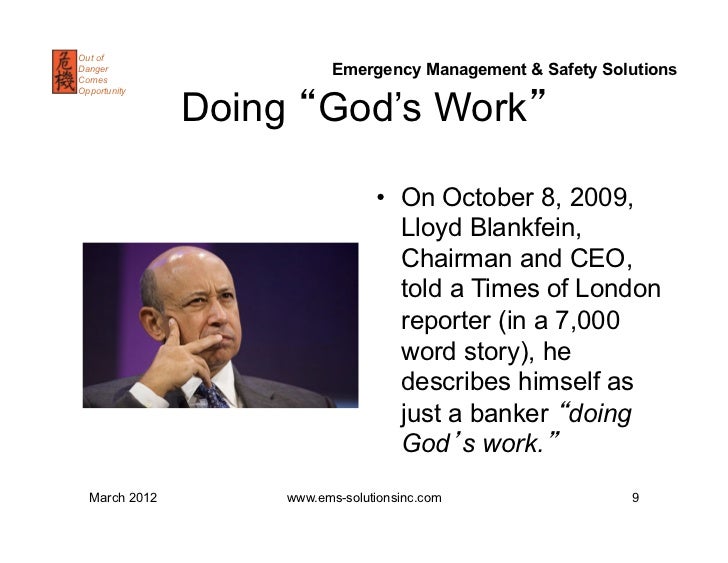In October 2008, according to Federal Reserve Board staff, the
Federal Reserve Board allowed the Swiss National Bank to use
dollars under its
swap line agreement to provide special assistance to
UBS, a large Swiss banking organization. Specifically, on October 16,
2008, the Swiss National Bank announced that it would use dollars
obtained through its swap line with FRBNY to help fund an SPV it
would create to purchase up to $60 billion of illiquid assets from UBS.
According to FRBNY data, from December 11, 2008, through June
2009, Swiss National Bank drew dollar amounts generally not
exceeding about $13 billion to help fund this SPV that served a
function similar to that of the Maiden Lane SPVs. Federal Reserve
Board staff acknowledged that this was an atypical use of swap line
dollars as the swap line agreements were initially
designed to help
foreign central banks provide dollar loans broadly to institutions facing
dollar funding strains. Although the FOMC had delegated approval
authority to FRBNY for each swap line draw by the Swiss National
Bank, Federal Reserve Board staff said that this proposed use by
Swiss National Bank was informally brought to the attention of the
FOMC Foreign Currency Subcommittee members for their
consideration before the Swiss National Bank’s announcement.
Federal Reserve Board staff said that Foreign Currency
Subcommittee members believed that this use was consistent with the
broader policy objective of stabilizing dollar funding markets and that
the Swiss National Bank was a very reliable counterparty. Federal
Reserve Board staff said that this consultation was not required by the
policies and procedures established for the swap lines program.
According to FRBNY staff, this use of swap line dollars was permitted
under FRBNY’s amended agreement with the Swiss National Bank.





 Reply With Quote
Reply With Quote





Connect With Us